"the holy grail... to build up a profile of customers and suggest a product before they realise it is what they wanted".
Featured Resource
GO VIRAL! is a 5-minute game that helps protect you against COVID-19 misinformation. You’ll learn about some of the most common strategies used to spread false and misleading information about the virus. Understanding these tricks allows you to resist them the next time you come across them online.
This version of ‘So you got naked online…’ is a resource that helps and advises young people who may find themselves in a situation where they (or a friend) have put a sexting image or video online and have lost control over that content and who it’s being shared with.
Empowering parents, carers, and professionals with tailored advice and insight to make meaningful interventions in the lives of children and young people most likely to experience online risks, this advice hub is the first of its kind.
This report draws from young people, some with vulnerabilities, in schools across the UKand their thoughts and experiences of sharing self-generated explicit images, videos or live streams, and also the risks associated with doing so.
Members of the BBC's anti-disinformation team offer insider tips on how to verify photos and videos online - so that you can be sure that what you're seeing is reliable.
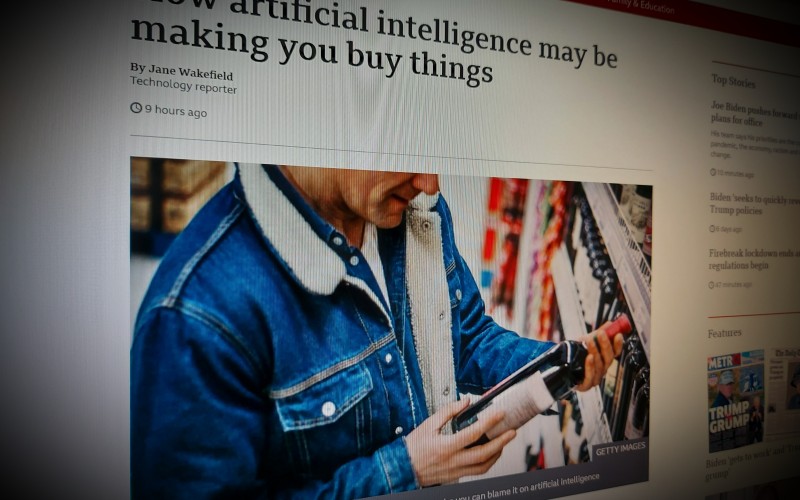
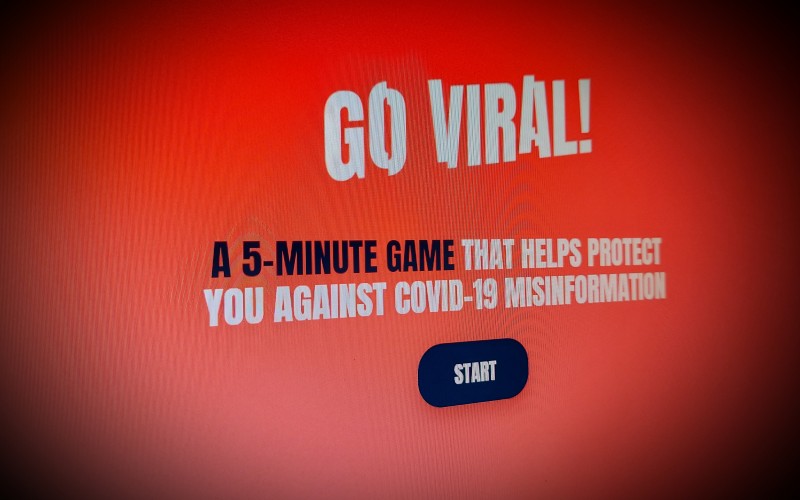
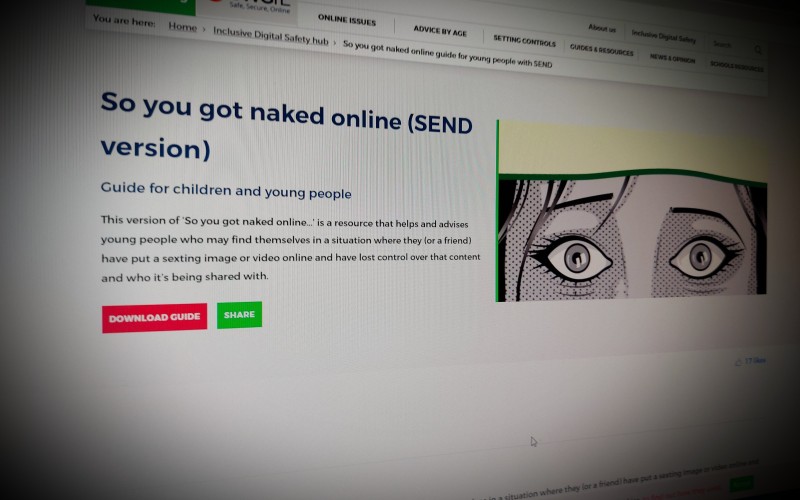
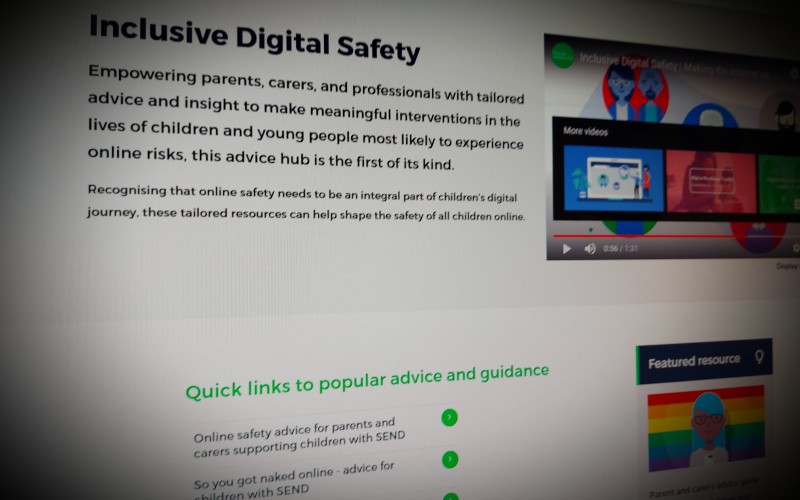
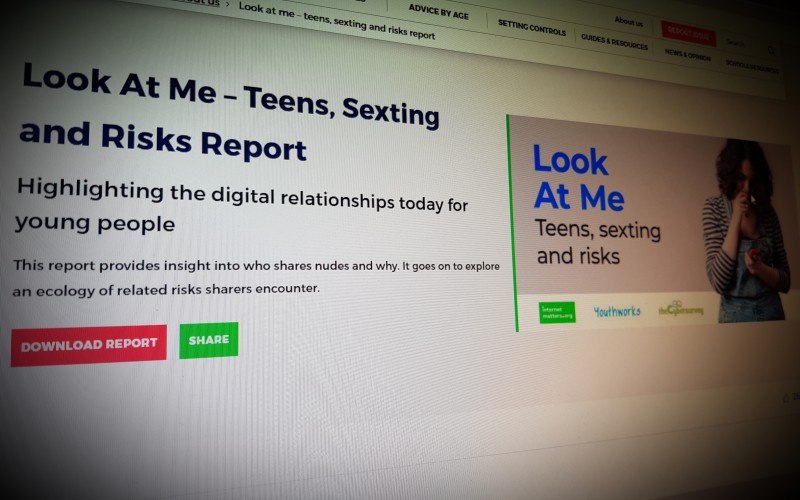
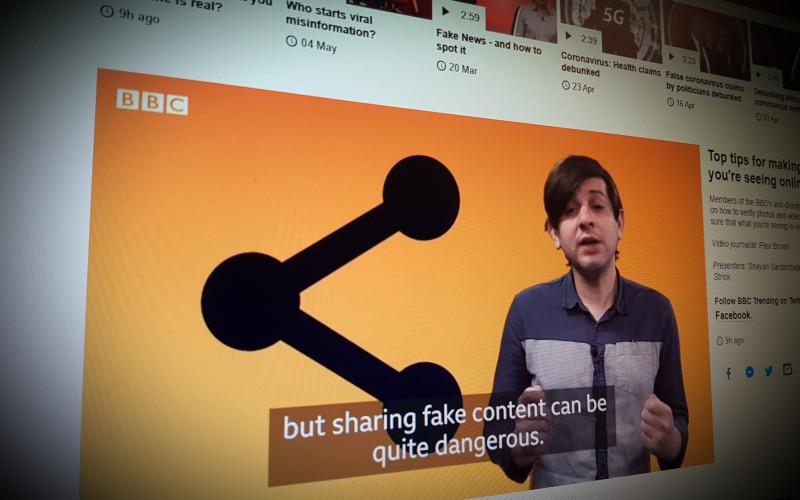
Comments
make a comment